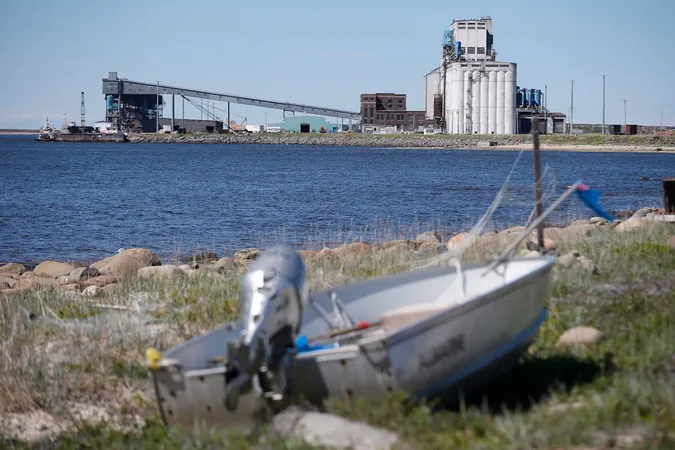
Canada Sets Sail on a New Era of Trade: Major Port Infrastructure and Minerals Pact with Germany Announced!
2025-08-26
Author: Jacques
In a significant move to bolster trade and infrastructure, Prime Minister Mark Carney unveiled plans for new port facilities in Churchill, Manitoba, and an ambitious expansion at the Port of Montreal. This announcement, made during a press conference in Berlin alongside Chancellor Friedrich Merz, underscores Ottawa's commitment to enhancing its global shipping capabilities.
The agreement with Germany marks a pivotal step in fostering cooperation on critical minerals, an area of growing importance for both nations. While Carney did not specify particular projects or timelines, he hinted at forthcoming announcements that promise to reshape Canada's economic landscape.
A Strategic Response to Trade Challenges
Carney's infrastructure initiative comes as a countermeasure against the economic disruptions posed by U.S. tariffs under former President Donald Trump. Backed by the recently passed Bill C-5, which streamlines project approvals, Ottawa is poised to accelerate key developments aimed at diversifying Canada’s economy beyond its traditional reliance on U.S. markets.
"We’re gearing up for significant investments in port infrastructure, including reinforcing Montreal and launching a new facility in Churchill, which is positioned to capitalize on emerging opportunities in liquefied natural gas (LNG)," Carney stated.
The Port of Churchill: A Gateway to Global Trade
The Port of Churchill is readying itself for its moment in the global shipping spotlight. With construction set to ramp up at Montreal’s Contrecœur expansion as early as September, this project is critical for Canada as it seeks to enhance its capacity to export essential commodities amid rising global demand.
Trade tensions have only intensified the urgency for expansion, and the Port of Churchill has expressed readiness for upgrades that align with the priorities laid out in Bill C-5.
A Promising Partnership with Germany
Natural Resources Minister Tim Hodgson, who accompanied Carney to Berlin, highlighted the potential for Canadian collaboration with German companies eager to engage in resource projects. A recent copper-concentrate supply agreement between Troilus Gold Corp. in Toronto and Germany’s Aurubis AG indicates a burgeoning partnership that capitalizes on both nations' strengths.
Given the ongoing geopolitical tensions, especially related to energy needs amid the Ukraine conflict, Canada is ideally positioned to become a leading partner for Germany, particularly as it seeks to reduce dependency on Russian energy.
A New Supply Chain Vision
Hodgson emphasized the tremendous opportunity Canada has to develop a complete supply chain for critical minerals, stating, "This positions us advantageously with our allies and helps us step away from reliance on countries with differing geopolitical perspectives." The agreement with Germany extends beyond just minerals to include vital industries such as electric vehicle manufacturing and defense.
Both nations aim to foster cooperation in project financing, technological innovation, and supply chain integration, although it is important to note that the agreement is not legally binding.
A Bright Future Ahead
Economics experts, like Rajshri Jayaraman from ESMT Berlin, assert that Canada holds a golden opportunity to innovate its exports and climb the value chain, turning its rich natural resources into industrial and economic growth.
As Carney continues his European tour, meeting with leaders and Canadian Forces in Latvia, this initiative signals a new chapter for Canadian trade, emphasizing collaboration over competition in a rapidly shifting global landscape.
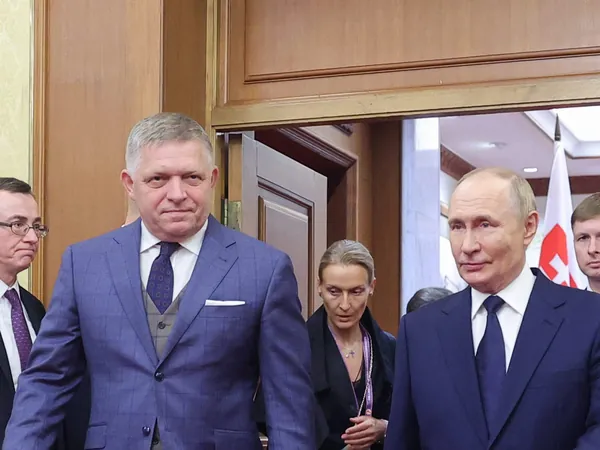
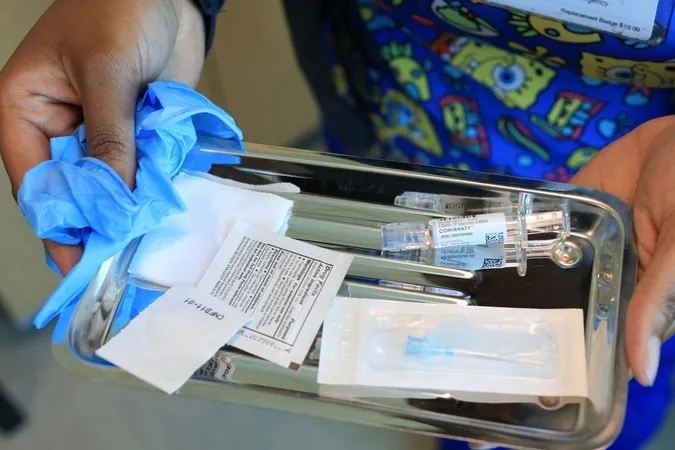


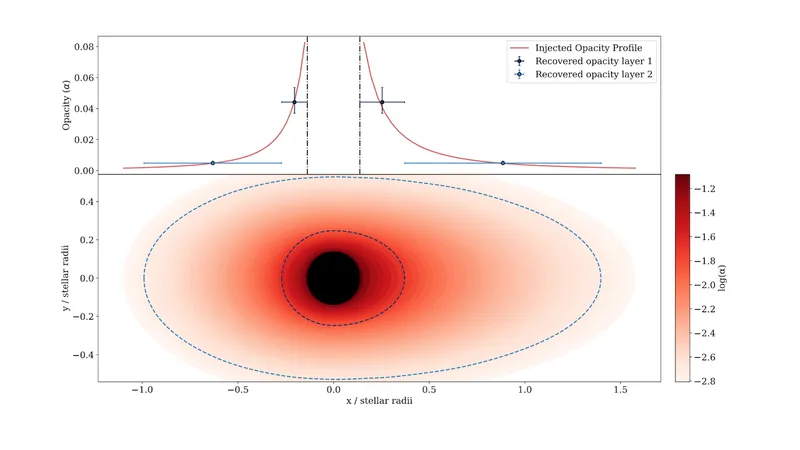
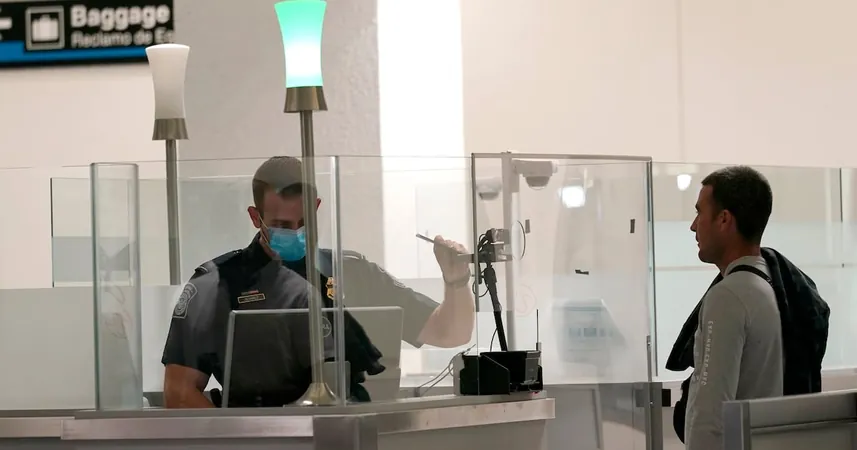


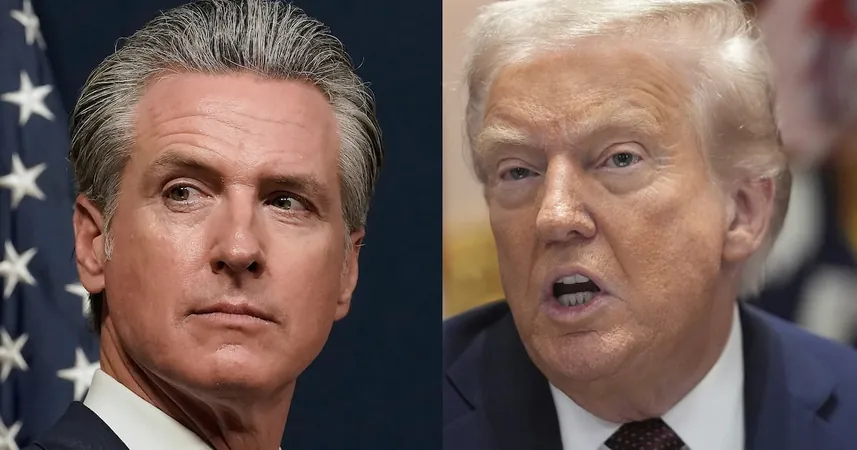
 Brasil (PT)
Brasil (PT)
 Canada (EN)
Canada (EN)
 Chile (ES)
Chile (ES)
 Česko (CS)
Česko (CS)
 대한민국 (KO)
대한민국 (KO)
 España (ES)
España (ES)
 France (FR)
France (FR)
 Hong Kong (EN)
Hong Kong (EN)
 Italia (IT)
Italia (IT)
 日本 (JA)
日本 (JA)
 Magyarország (HU)
Magyarország (HU)
 Norge (NO)
Norge (NO)
 Polska (PL)
Polska (PL)
 Schweiz (DE)
Schweiz (DE)
 Singapore (EN)
Singapore (EN)
 Sverige (SV)
Sverige (SV)
 Suomi (FI)
Suomi (FI)
 Türkiye (TR)
Türkiye (TR)
 الإمارات العربية المتحدة (AR)
الإمارات العربية المتحدة (AR)